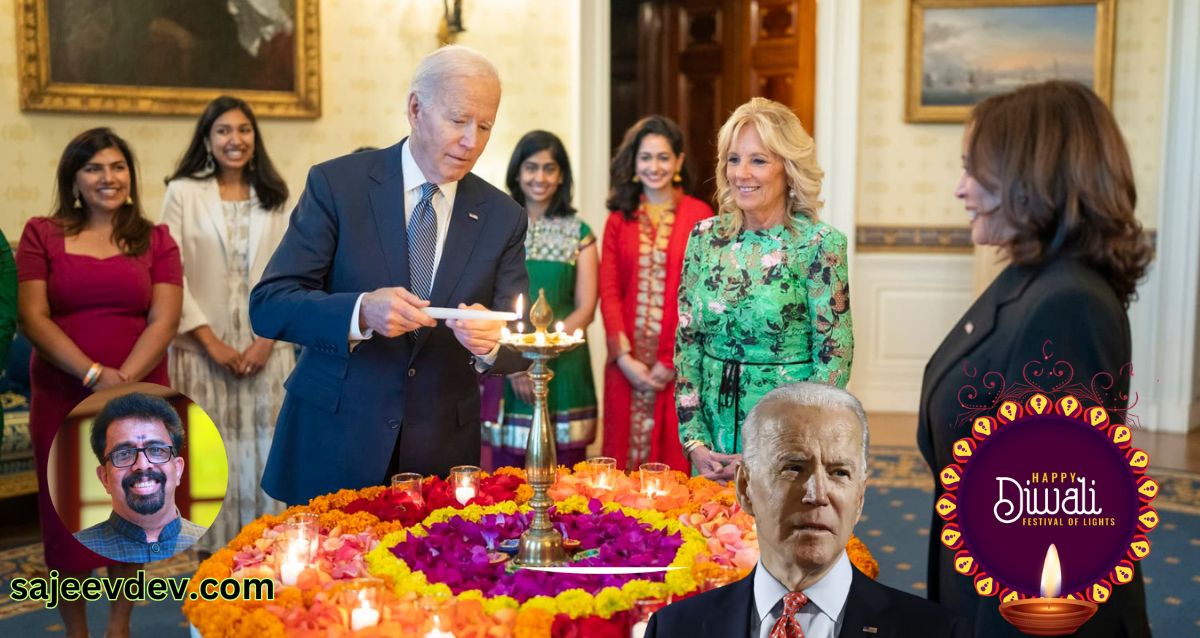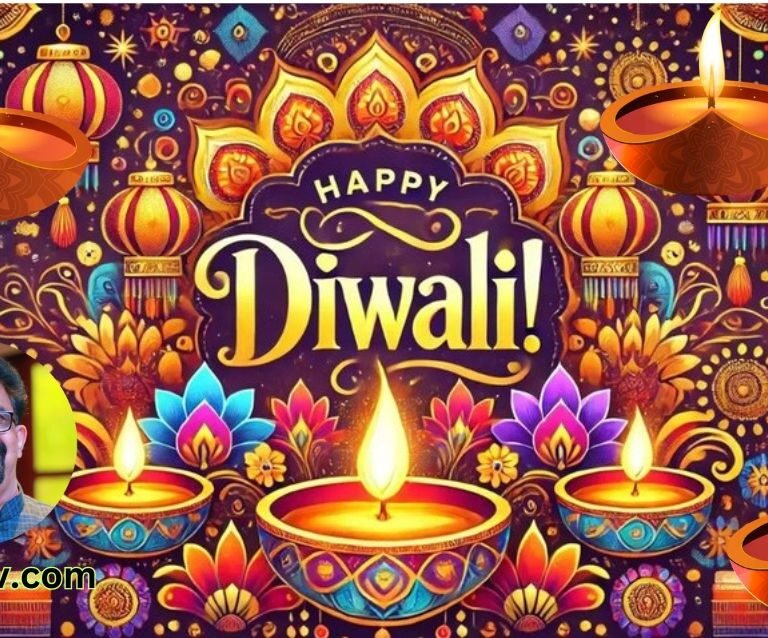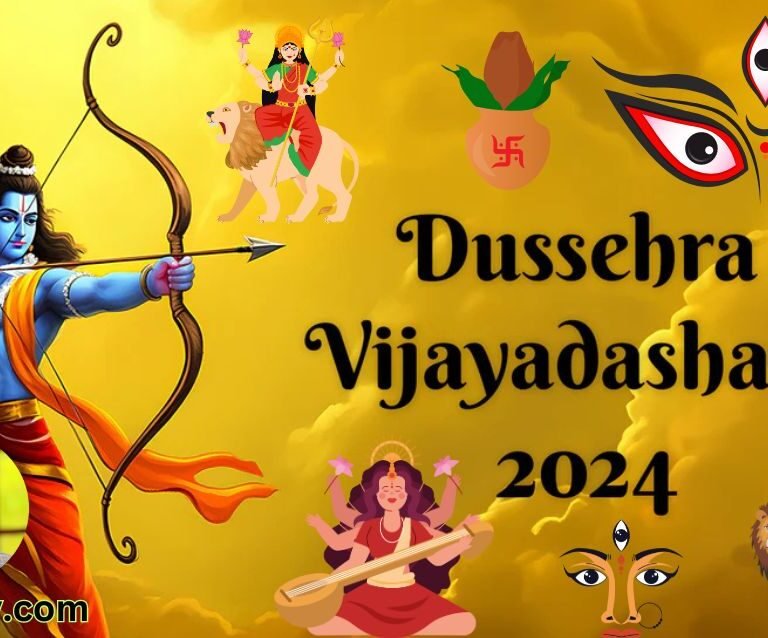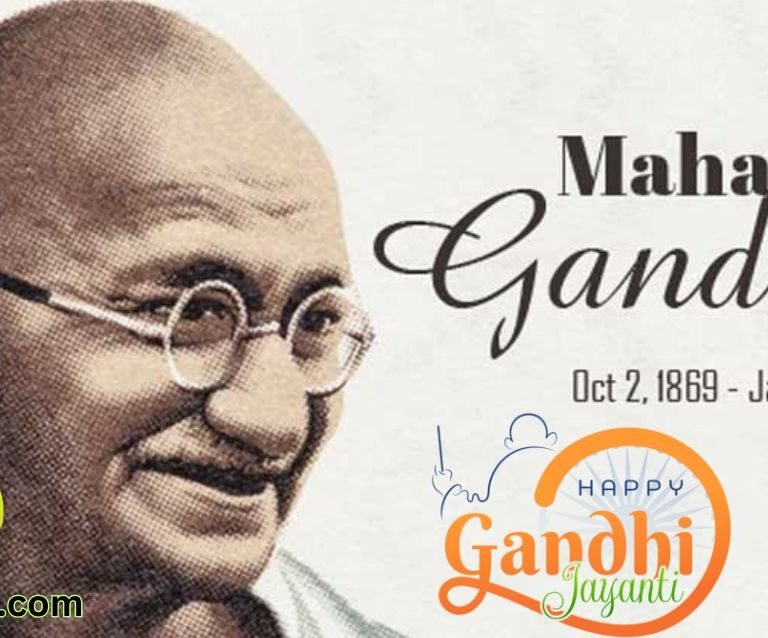Diwali, widely celebrated as the Festival of Lights, holds deep cultural and spiritual significance among South Asian communities across the globe
Diwali, widely celebrated as the Festival of Lights, holds deep cultural and spiritual significance among South Asian communities across the globe. This five-day festival, which usually occurs in October or November, symbolizes the triumph of light over darkness, good over evil, and knowledge over ignorance. The celebration is steeped in various traditions and rituals that differ across regions but share a common theme of hope, renewal, and community bonding.
At its core, Diwali commemorates the return of Lord Rama to his kingdom of Ayodhya after a 14-year exile, a story that is narrated in the ancient Indian epic, the Ramayana. As Rama’s return heralded the defeat of the demon king Ravana, the lighting of diyas (small oil lamps) signifies the illumination of the heart and mind, inviting prosperity and positivity. Families gather to perform puja (worship) for Lakshmi, the goddess of wealth, illuminating their homes with lights and decorations to welcome her blessings.
The festival’s widespread appeal is evident as it transcends borders and cultures. Today, Diwali is celebrated in various countries, including Nepal, Sri Lanka, Singapore, and Malaysia, all of which observe their unique customs. In recent years, Diwali has also found its place within American culture, as awareness of its significance has grown among diverse communities. Celebrations often include community gatherings, festivals, and cultural events that showcase traditional performances, cuisine, and crafts, reflecting the richness and diversity of South Asian heritage.
As Diwali gains recognition in the United States, it is increasingly acknowledged by political leaders and institutions. Celebrating this festival in venues such as the White House not only highlights its importance to the South Asian community but also reinforces the values of inclusivity and respect for different cultures within the American social fabric. This recognition serves as an important reminder of the shared human capacity for joy, resilience, and unity in diversity.
The White House Celebration: An Overview
The recent Diwali celebration at the White House marked a significant occasion, highlighting not only the festivities but also the cultural integration within the fabric of American society. The event drew over 600 attendees, comprising an eclectic mix of government officials, cultural leaders, and prominent figures from various sectors, showcasing the diverse representation that epitomizes the spirit of Diwali. This grand celebration served to strengthen community ties and foster an atmosphere of inclusivity.
The White House’s historic setting was adorned with vibrant decorations that captured the essence of Diwali. From intricate rangoli patterns thoughtfully placed at the entrance to luminous diyas lining the hallways, every detail was meticulously planned to reflect the significance of the festival of lights. The ambiance was further enhanced by traditional incandescent lighting, creating a warm and inviting atmosphere for all guests. This combination of festive decor and historical significance made the evening particularly memorable.
Highlighting the importance of unity and resilience, President Joe Biden’s address resonated with the attendees, emphasizing the values cherished during Diwali—light overcoming darkness and knowledge triumphing over ignorance. As guests mingled, the event was filled with laughter and shared stories, reinforcing the celebration of peace and friendship among diverse communities. Cultural performances showcased traditional music and dance, adding an authentic touch to the celebration while promoting an appreciation for the rich tapestry of Indian heritage.
This event demonstrated the White House’s commitment to acknowledging and celebrating the depths of multiculturalism in America. With its blend of tradition and modernity, the Diwali celebration at the White House stood as a testament to the enduring spirit of camaraderie that the festival embodies, creating lasting memories for all who participated.
President Biden’s Tribute to the South Asian American Community
During the celebration of Diwali at the White House, President Joe Biden delivered remarks that highlighted the rich contributions of the South Asian American community to the United States. In his address, he emphasized the integral role that this vibrant community plays in the social, cultural, and economic fabric of the nation. Biden acknowledged their achievements in various fields, including technology, education, healthcare, and the arts, underscoring how these contributions enhance the overall diversity and strength of America.
The President articulated his administration’s commitment to promoting inclusivity and engagement with the South Asian American community. He stated that diversity is a source of strength and that the United States must continue to foster an environment where all communities feel valued and heard. Biden further reiterated the importance of interfaith dialogue and cultural exchange, which he believes are essential for building mutual respect and understanding among different cultural groups. His remarks included a call to action, encouraging citizens to engage more deeply with diverse communities, recognizing that this engagement is vital for addressing broader societal challenges.
Moreover, President Biden made it clear that his administration seeks to elevate the voices of South Asian Americans in decision-making processes, acknowledging issues such as immigration reform and economic opportunity. By fostering stronger connections with South Asian communities, he aims to create an inclusive environment where everyone has the opportunity to thrive. This tribute not only reflects Biden’s awareness of the contributions of South Asian Americans but also encapsulates his vision for a future where dialogue and cooperation enhance community engagement across the United States.
The Importance of Diwali in American Society
Diwali, also known as the Festival of Lights, has garnered significant recognition within American society over recent years. With a growing South Asian population and increasing multicultural awareness, the celebration of Diwali serves as a testament to the diversity that characterizes the United States. This festival, which symbolizes the victory of light over darkness, good over evil, holds a universal message that resonates with people of various backgrounds and beliefs. Consequently, Diwali provides an important cultural bridge that fosters understanding and appreciation among different ethnic communities.
The observance of Diwali in the United States transcends mere celebration; it promotes dialogue and interaction between diverse cultural groups. As the festival is embraced by schools, community centers, and local governments, it opens avenues for individuals to explore and engage with Indian traditions, music, cuisine, and customs that may be unfamiliar to them. Such engagement is crucial in today’s increasingly interconnected society, where cultural awareness contributes significantly to social cohesion. By celebrating Diwali, Americans not only show respect for the South Asian heritage but also learn about themes of unity, togetherness, and hope that are central to the festival.
Furthermore, the recognition of Diwali in the American cultural landscape reflects a broader commitment to inclusivity. Events and festivities held nationwide not only bring together individuals of South Asian descent but also include those from various ethnicities and backgrounds. By participating in Diwali celebrations, individuals can create meaningful connections, thereby enriching the understanding of the shared human experience. As the observance of Diwali continues to grow, it will undoubtedly strengthen the fabric of American society by promoting diversity and cultural understanding for generations to come.
Guests of Honor: Influential Indian Americans
The celebration of Diwali at the White House this year was graced by remarkable Indian American figures who have made significant contributions across various sectors in the United States. Among the distinguished guests were accomplished entrepreneurs, prominent politicians, and dedicated community activists, each embodying the spirit of the Indian diaspora and its impact on American society.
One of the notable attendees, Raj Shah, a leading figure in the private business sector, has been instrumental in fostering economic ties between the United States and India. As a successful entrepreneur in technology and finance, his endeavors have not only created jobs but have also paved the way for increased trade partnerships, enhancing bilateral relations. His presence at the event underscored the role that Indian Americans play in driving innovation and economic growth within the nation.
Additionally, members of the Indian American political landscape were in attendance. Congresswoman Pramila Jayapal, a vocal advocate for progressive legislation, has been a powerful voice for the Indian American community in the U.S. Her attendance at such a significant event highlights her commitment to both her cultural heritage and the diverse fabric of American politics. Likewise, New Jersey’s State Senator, Vin Gopal, also represented the continued involvement of Indian Americans in governmental affairs and policymaking.
Community activists, such as Rina Shah, were also present to celebrate the essence of Diwali, which promotes joy, light, and togetherness. Their work amplifies the voices within their communities, ensuring that the perspectives of Indian Americans are heard and valued in the broader societal dialogue. The presence of such influential figures not only celebrates the achievements of the Indian American community but also emphasizes their important role in shaping the future of the United States.
Traditional Performances and Cultural Expressions
The Diwali celebration at the White House was marked by a splendid array of traditional performances that showcased the richness of South Asian cultural heritage. These artistic displays not only highlighted the festival’s significance but also fostered a deeper understanding of the diverse customs and traditions within the South Asian community. Various forms of music and dance were integral to the event, contributing to a vibrant atmosphere that resonated with attendees.
One of the highlights of the evening included classical dance performances inspired by ancient traditions. Dancers donned exquisite, colorful costumes that reflected the vibrancy of the festival, performing with precision and grace. Styles such as Bharatanatyam and Kathak captivated the audience, illustrating stories of mythology and spirituality through intricate footwork and expressive gestures. The performances were meticulously choreographed, being both educational and entertaining, thus enriching the overall experience of the Diwali celebration.
In addition to dance, live musical performances filled the venue, comprising a blend of traditional and contemporary South Asian music. Musicians played a mix of instruments, including the sitar, tabla, and harmonium, inviting attendees to immerse themselves in the sounds of South Asia. These performances not only served to entertain but also evoked a sense of nostalgia and pride, emphasizing the importance of preserving cultural traditions in a modern context.
The inclusion of poetry readings and storytelling sessions reflected the oral traditions of South Asia, further enhancing the event’s cultural depth. Participants shared tales that illuminated the values of Diwali, such as hope, renewal, and the triumph of light over darkness. Such representations of cultural expressions during the celebration served to strengthen community bonds, emphasize diversity, and create an opportunity for reflection upon the rich tapestry of South Asian heritage.
Symbolism of Lighting the Diya
The act of lighting a diya, or oil lamp, holds profound significance during the festival of Diwali. It symbolizes hope, knowledge, and the triumph of light over darkness. When President Joe Biden participated in this revered tradition at the White House, it signified not just an homage to the rich cultural heritage of Diwali, but also an affirmation of values that resonate universally.
In a broader context, a diya represents the illumination of one’s mind and soul. The light emanating from the diya is often interpreted as a metaphor for enlightenment, highlighting the importance of wisdom as a guiding force. During Diwali, households across the world light diyas to dispel ignorance and overcome adversity, serving as a poignant reminder of the potential for personal and collective growth.
President Biden’s lighting of the diya can also be viewed as a symbol of unity and resilience. In today’s increasingly polarized world, moments like these serve to bridge divides and foster understanding among diverse cultural communities. The illumination provided by the diya reflects the hope for peaceful coexistence and mutual respect among citizens. The visual of the lamp being lit in the White House serves as an emblem of inclusivity, reminding all that light can emerge even from the most challenging of times.
Moreover, lighting the diya during Diwali represents a commitment to promoting values such as compassion, integrity, and joy. In acknowledging this tradition, President Biden not only honors the significance of the celebration but also reinforces the idea that these values are crucial for society’s progress. The act of lighting a diya becomes a powerful testament to the human spirit’s resilience and its unwavering belief in a brighter, more harmonious future.
Reactions from the Community and Leaders
The celebration of Diwali at the White House marked a significant moment for the South Asian American community, eliciting a wave of positivity and pride among its members. Many individuals, including community leaders and public figures, have shared their enthusiastic reactions to this historic event. The recognition of Diwali, one of the most important religious festivals for millions of Hindus, Sikhs, and Jains, is seen not merely as a ceremonial acknowledgment but as a reflection of the United States’ commitment to diversity and inclusion.
Prominent leaders from the South Asian American community expressed their delight on social media platforms. They highlighted how such high-profile recognition fosters a sense of belonging and validation among community members. One leader remarked that seeing the White House adorned with traditional Diwali decorations served as a powerful reminder of the rich cultural tapestry that comprises American society. This sentiment was echoed by numerous others who felt a renewed sense of identity and pride.
Furthermore, the event drew responses from various public officials who praised President Joe Biden for his acknowledgment of Diwali. Such celebrations, they argued, not only honor the traditions of South Asian Americans but also promote intercultural dialogue. One congressman stated that witnessing Diwali celebrated at the nation’s highest office sends a strong message about the importance of solidarity and mutual respect among different cultures.
The culmination of these reactions underscores an essential narrative: the celebration of Diwali at the White House is more than a festive occasion; it represents a broader commitment to inclusivity. The South Asian American community rejoices in this momentous recognition, seeing it as an opportunity to further engage with the national narrative while affirming their cultural identity. As the celebrations continue, the community looks forward to more such acknowledgments that uplift their contributions to American society.
As the United States continues to embrace and celebrate its multicultural fabric, the recent Diwali celebration at the White House signifies a pivotal moment in fostering deeper cultural engagement
As the United States continues to embrace and celebrate its multicultural fabric, the recent Diwali celebration at the White House signifies a pivotal moment in fostering deeper cultural engagement. This landmark event, hosted by President Joe Biden, not only amplifies the importance of recognizing diverse traditions but also serves as a catalyst for future Diwali celebrations across the nation. By formally acknowledging such cultural festivities, the White House has set a precedent that indicates a commitment to inclusivity and representation of the South Asian American community.
Future Diwali celebrations might see an increased focus on educational initiatives that emphasize the significance of the festival, including its values of light overcoming darkness and knowledge dispelling ignorance. Schools and community organizations may take this opportunity to incorporate lessons and activities that explore the rich traditions associated with Diwali, thus creating a more profound understanding among students of all backgrounds. Such educational efforts can foster respect and appreciation for diversity, allowing younger generations to engage with various cultures.
Moreover, the recognition of Diwali at such an esteemed level can encourage local and state governments to participate actively in organizing events that celebrate South Asian culture. These celebrations could range from community fairs to interfaith dialogues that invite individuals from various backgrounds to partake in the festivities, further promoting a sense of unity. As businesses start taking notice of this shift toward inclusivity, the potential for community-themed initiatives and partnerships may also arise, thus benefiting the South Asian American community economically and socially.
Ultimately, the implications of this grand celebration extend beyond the event itself. The heightened visibility of Diwali in mainstream American culture suggests a growing acceptance and understanding of diverse traditions. This trend will likely continue to evolve, nurturing an environment where cultural engagement flourishes and inclusivity becomes a societal norm.









